Majority of Turkish population don't want to host guests during Eid holiday due to economy
Some 69 percent of the Turkish population said they could not set a rich iftar (the evening meal after fasting) table, and 59 percent said they could not invite guests during the Eid holiday due to economic reasons, according to the survey conducted by Ipsos Research.
Duvar English
Muslims in Turkey will celebrate the Eid holiday for three days between April 21-23 after one month of fasting during Ramadan. Ipsos Research surveyed the public's preferences for the Eid holiday.
The survey revealed that the economic crisis in the country impacted the celebrations this year. Some 69 percent of the respondents stated that they would not be able to set rich iftar (the evening meal after fasting) tables due to economic reasons during Ramadan.
Some 59 percent stated that they would not be able to invite guests during the Eid holiday for economic reasons, and another 59 percent stated that their household expenses will increase. Traditionally, people visit their relatives and neighborhoods during the Eid holiday. While the homeowners offer sweets to the guests, they give pocket money to children.
According to the research, one out of every three people is planning to visit their relatives in their hometowns to exchange Eid greetings this year. Most transportation firms increased ticket prices during the Eid, and many struggled to cover transportation expenses.
Although TÜİK announced an annual inflation rate of 50.51% in March, ENAG Inflation Research Group, an independent institution set up in 2020 to track the country’s inflation, reported the inflation rate as 112.51%.
Majority of Turkish population cannot make ends meet in face of the rising cost of living.
Inflation has been stoked by a currency crisis at the end of 2021 and hit a 24-year peak of 85.51% in October 2022. The central bank cut its policy rate despite soaring inflation to preserve growth momentum.

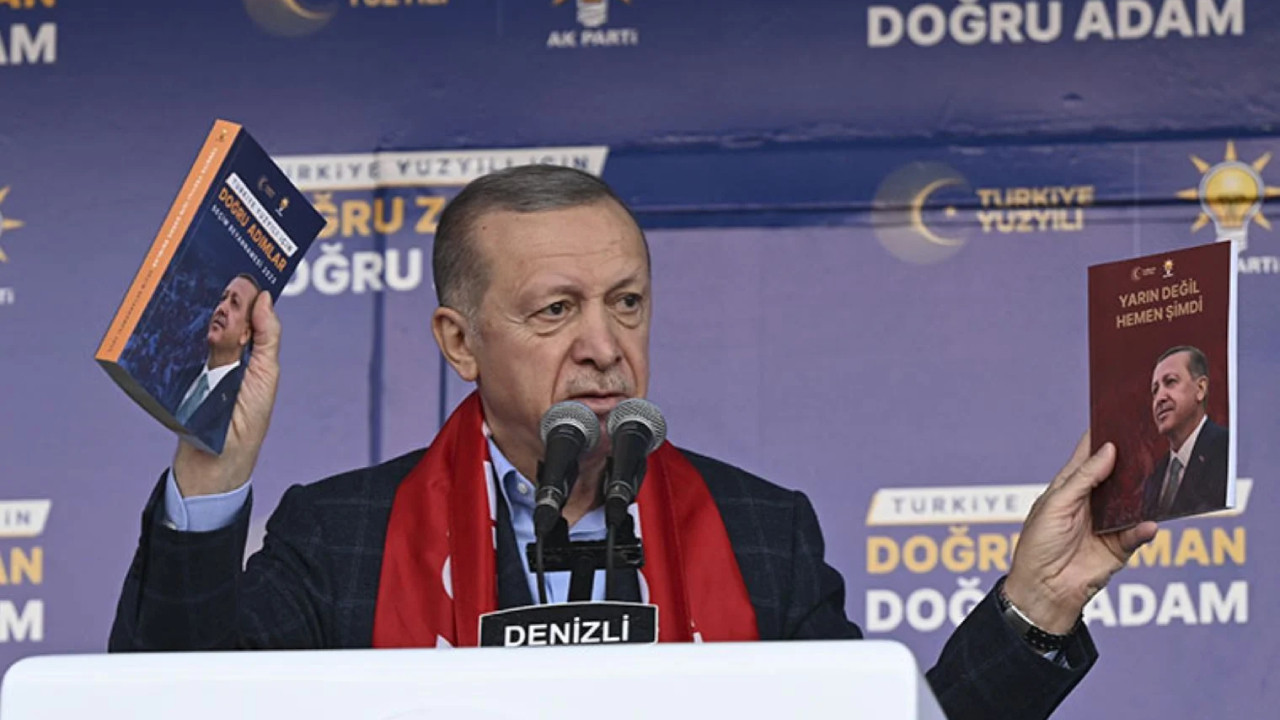 Erdoğan denies rising cost of living problem in TurkeyPolitics
Erdoğan denies rising cost of living problem in TurkeyPolitics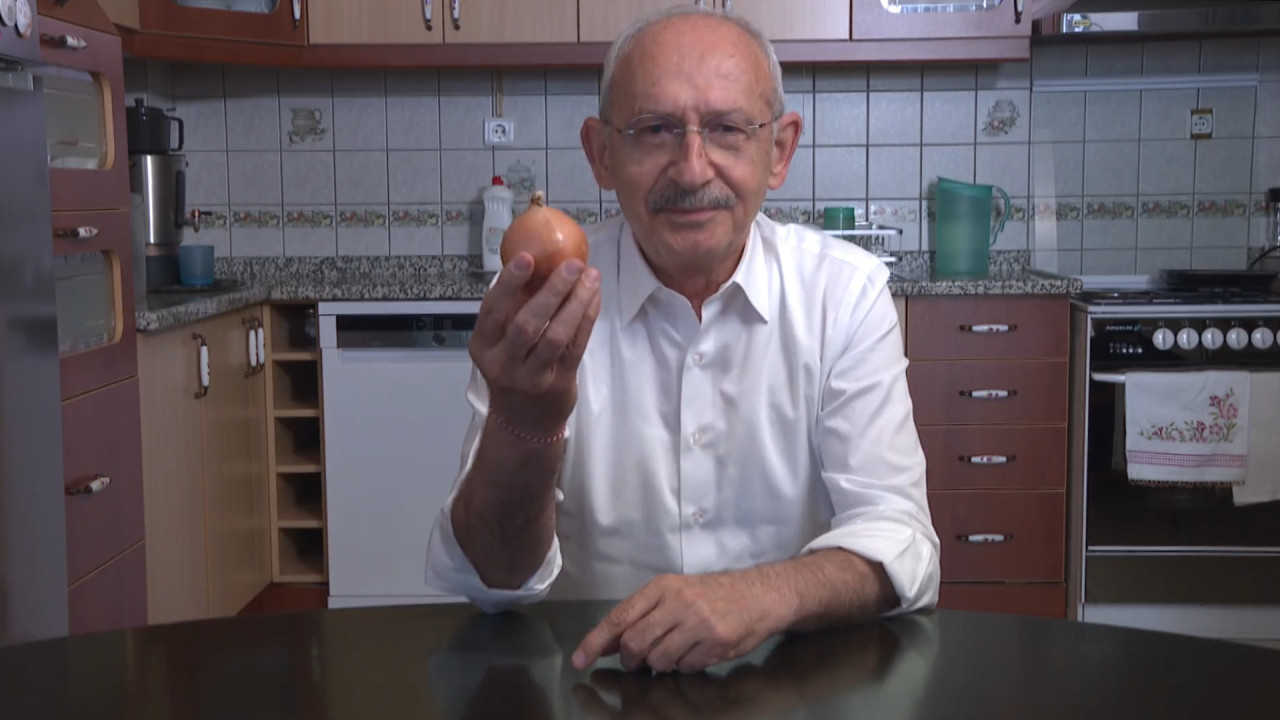 In new video, Kılıçdaroğlu criticizes rising cost of livingPolitics
In new video, Kılıçdaroğlu criticizes rising cost of livingPolitics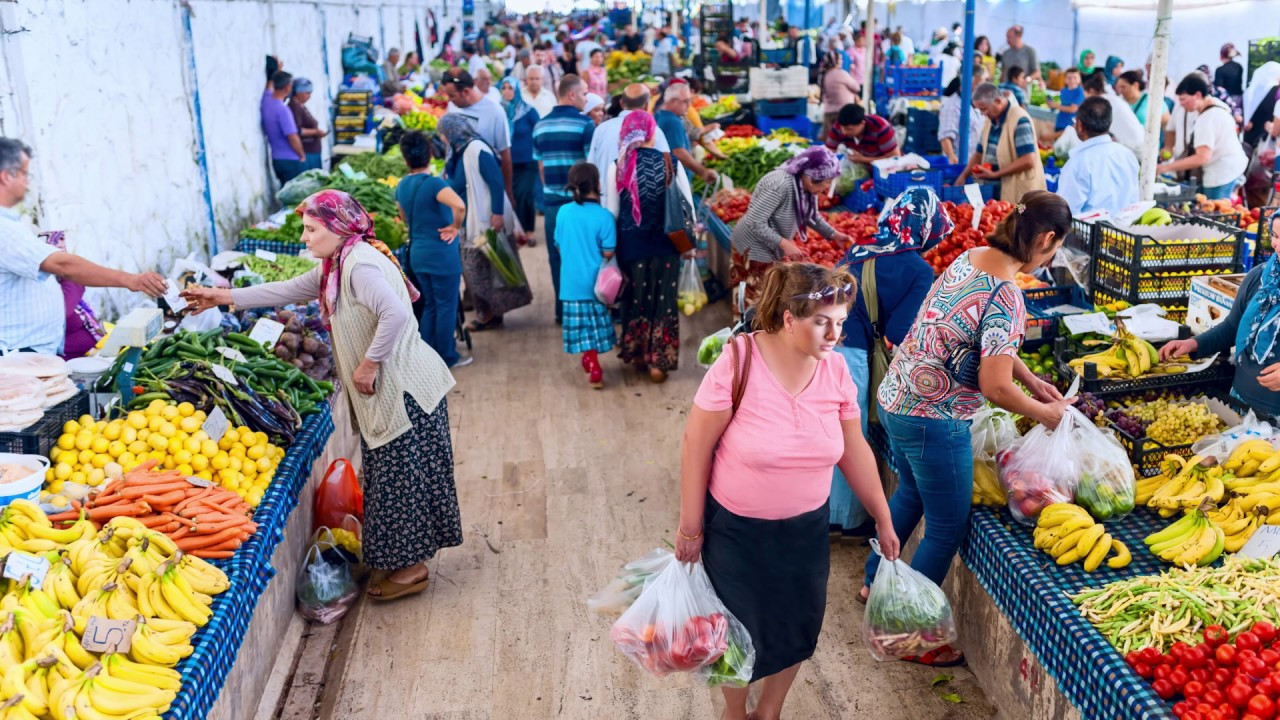 Turkish hunger threshold reaches above 9,500 liras in MarchEconomy
Turkish hunger threshold reaches above 9,500 liras in MarchEconomy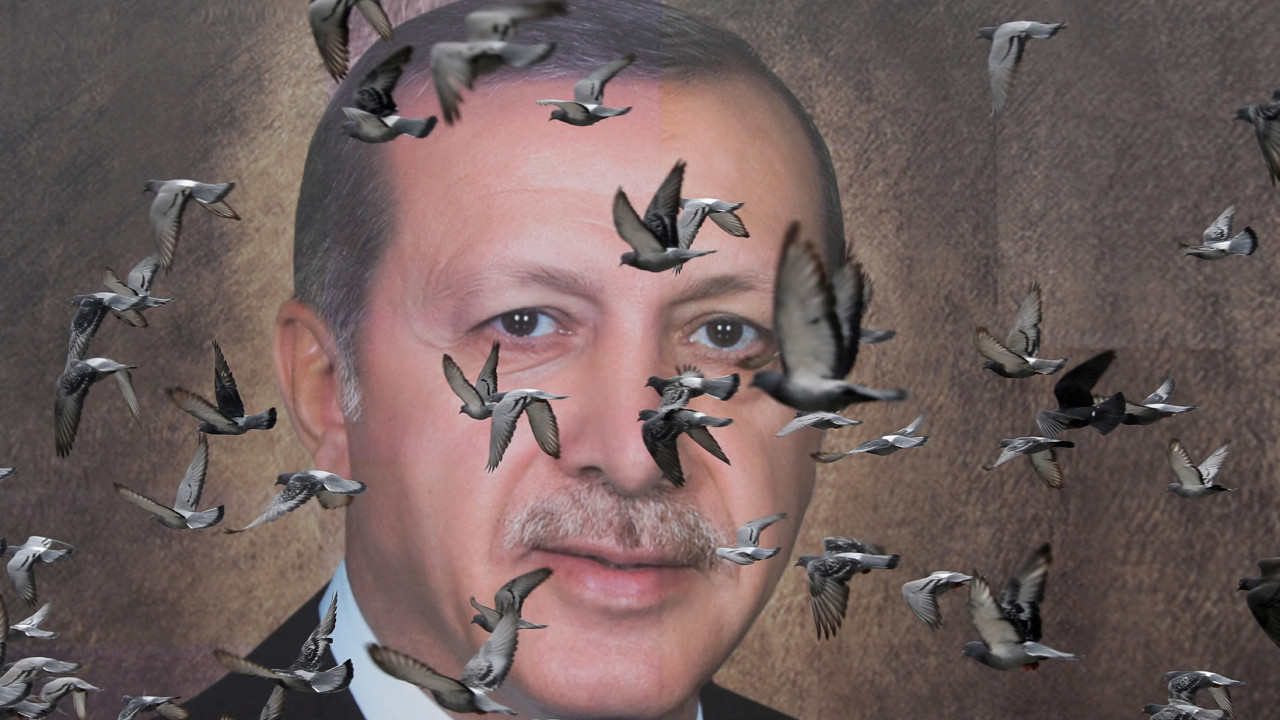 AKP voters in Istanbul’s Bağcılar: ‘Enough is enough’Politics
AKP voters in Istanbul’s Bağcılar: ‘Enough is enough’Politics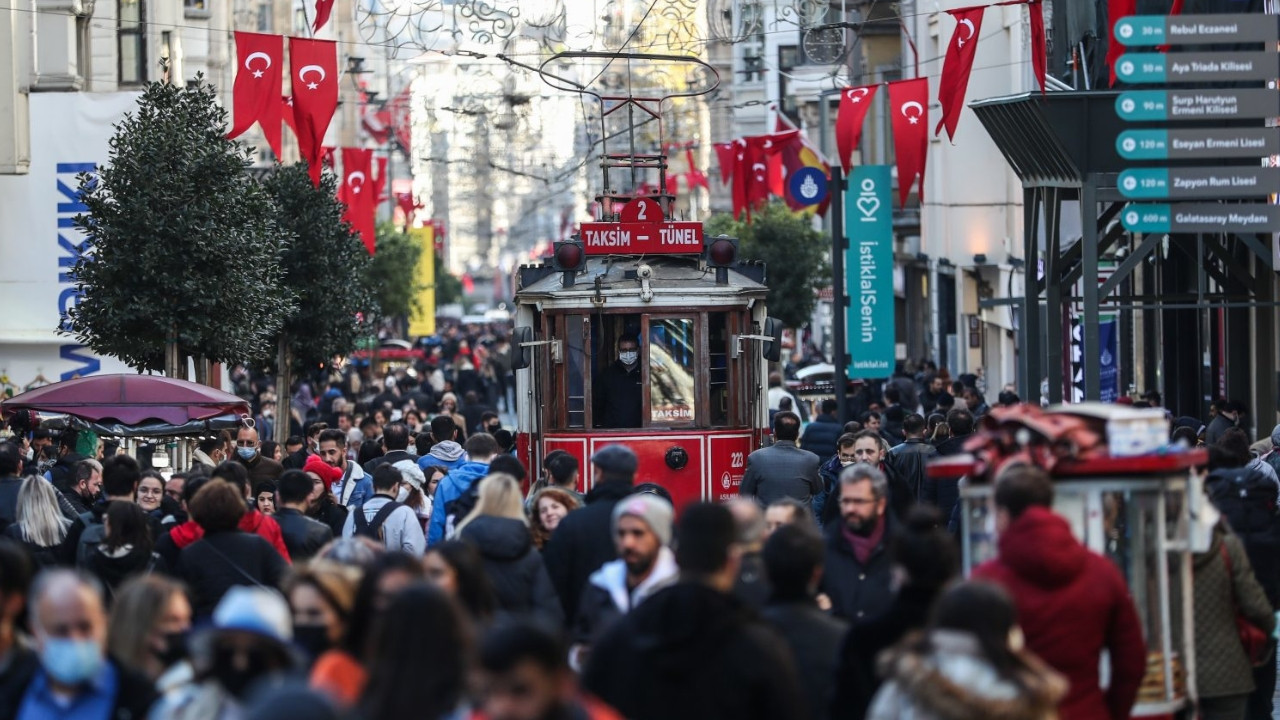 Millions of Turks planning to spend Eid holiday at home in face of soaring pricesDomestic
Millions of Turks planning to spend Eid holiday at home in face of soaring pricesDomestic